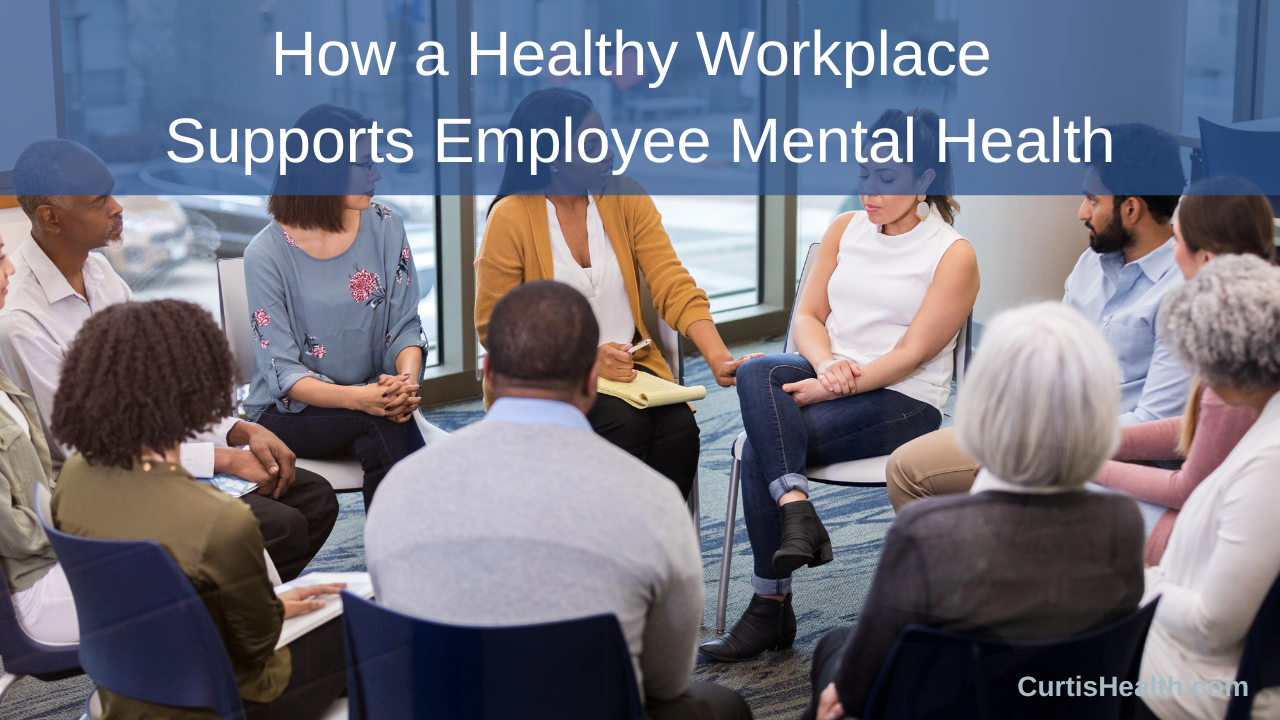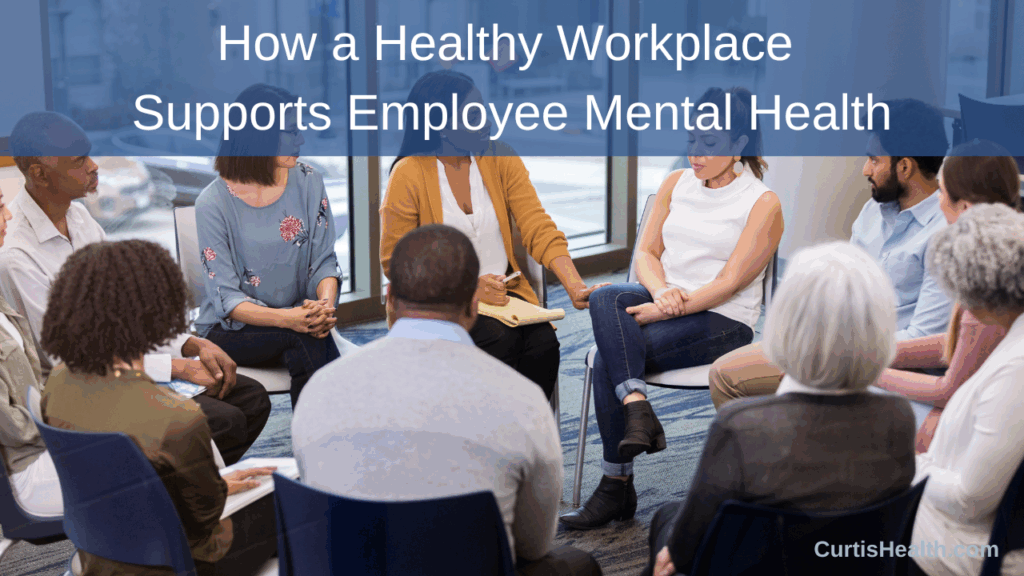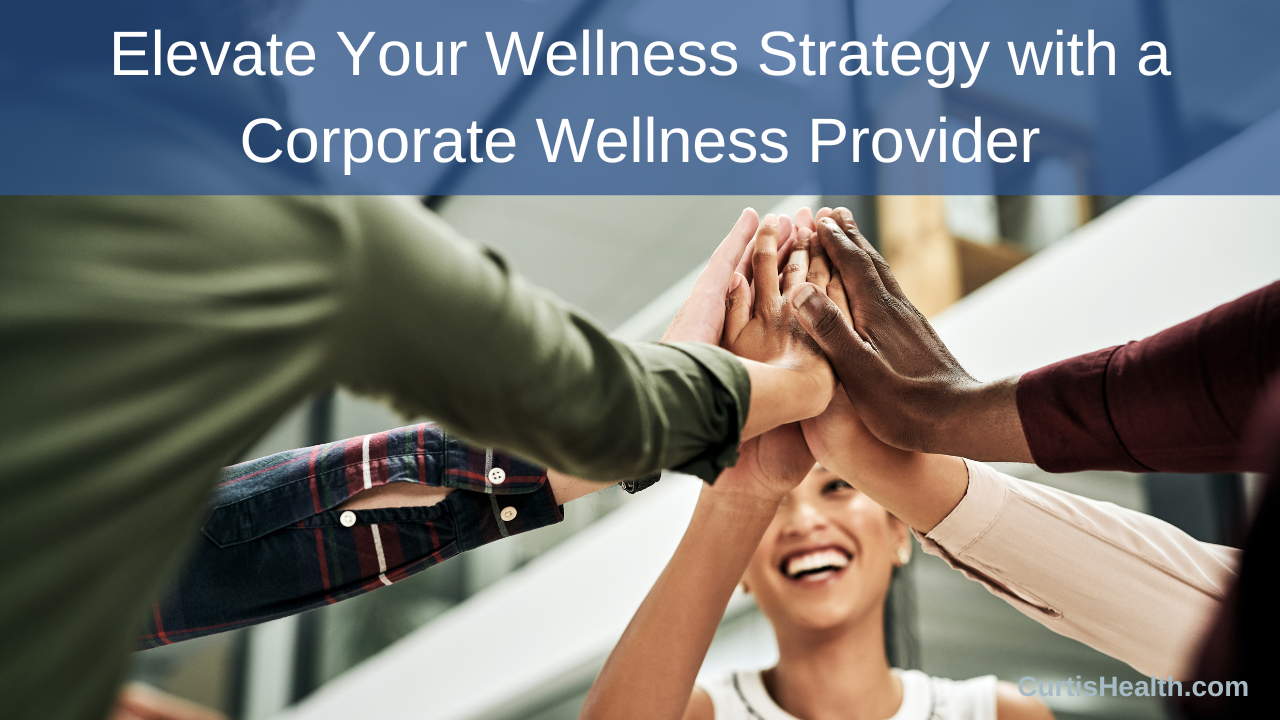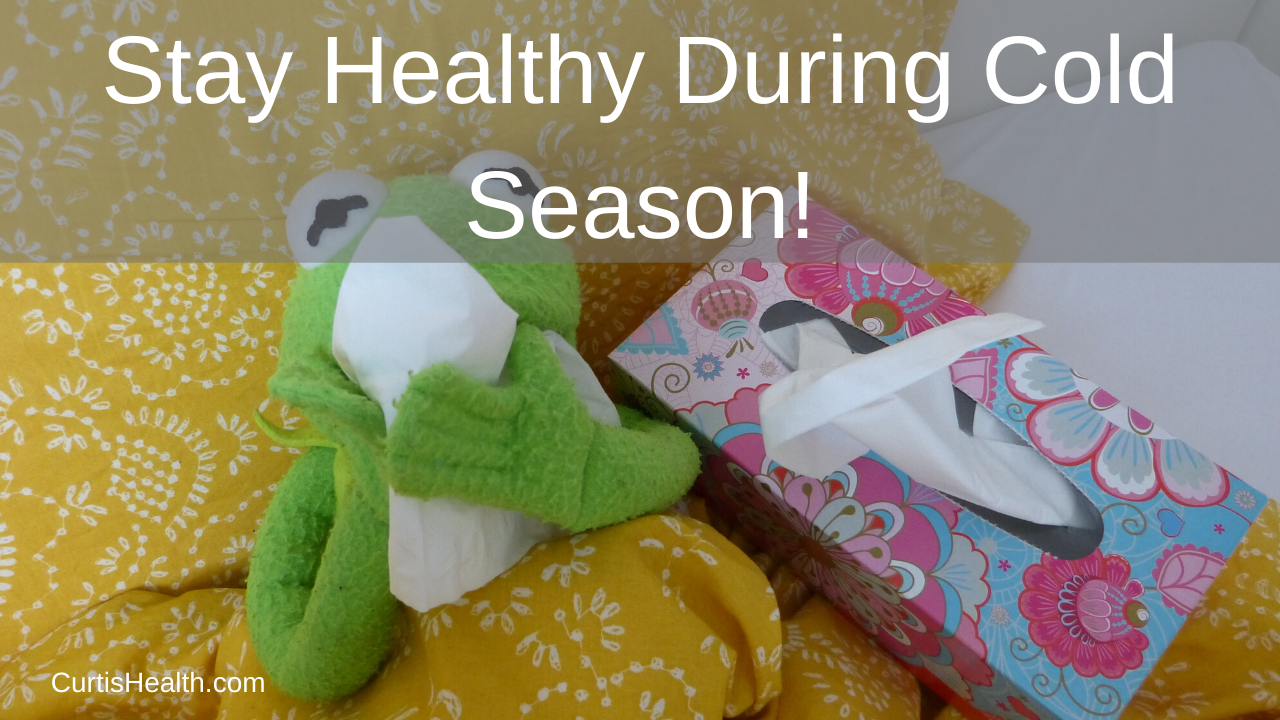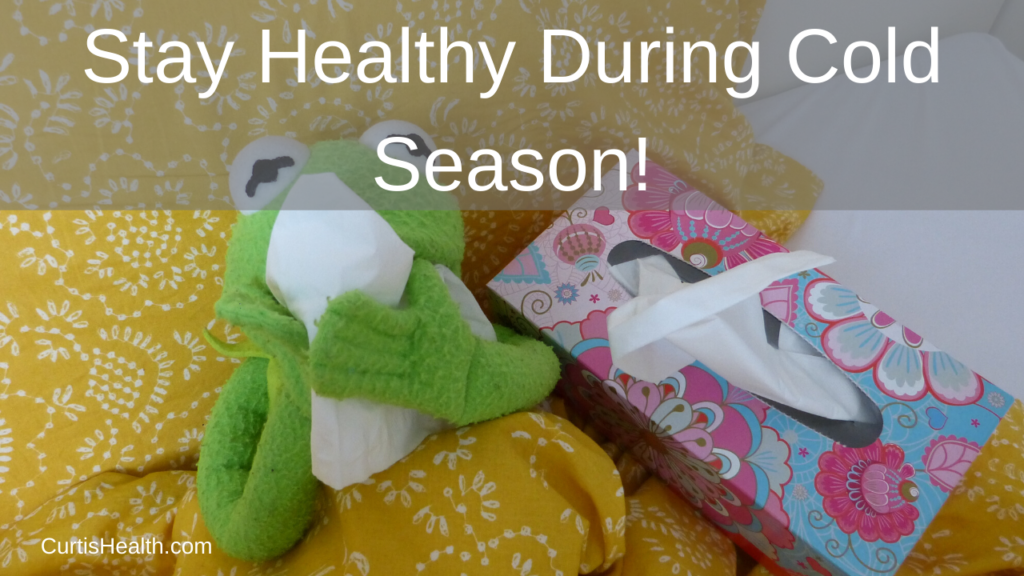This Healthy Workplace Month, as we talk about fitness challenges and healthy eating, it’s crucial to acknowledge the most significant—and often invisible—component of employee well-being: mental health. The modern workplace, with its constant demands, digital connectivity, and pressure to perform, has created a silent challenge that affects a vast number of employees. Toxic burnout culture, chronic stress, and feelings of isolation are not just individual problems; they are systemic issues that demand a strategic, company-wide response. Read More→
Author Archive for Tim Hawke
This Healthy Workplace Month, many organizations are looking to step up their game. They’ve moved beyond the occasional lunch-and-learn and are seeking to build a truly robust, sustainable culture of well-being. Read More→
In the world of corporate wellness, we’ve seen it all—from company-wide fitness challenges to on-site meditation classes. These initiatives are great, but for a wellness program to truly thrive, it needs more than just a top-down strategy. It needs a grassroots movement. This is where a Wellness Champion Network comes in. Read More→
In today’s dynamic work environment, the well-being of your employees isn’t just a nice-to-have; it’s a strategic imperative. A healthy, engaged workforce is more productive, resilient, and less prone to absenteeism and burnout. Read More→
Preparing for and recognizing Workplace Wellness Month is a great way to show employees you care about their well-being. It’s an opportunity to move beyond a single event and build momentum for a year-round culture of health. While many countries celebrate it in June, some have it in other months, such as Canada in October. Here’s a guide to help you get ready. Read More→
How to keep a cold at bay…
Support your Immune System
Cold and flu season is coming, but that doesn’t mean your family has to get sick! If you’re determined to stay cold and flu free, there are some simple steps you can take that might help you dodge those bugs. Bolster your natural defenses with our practical and tasty suggestions.
Eat lots of brightly colored fruit and vegetables
Vegetables such as sweet potatoes, butternut squash and beetroot are rich in beta-carotene which our bodies convert to vitamin A. We need vitamin A to keep the mucosal linings in our nose and lungs robust enough to defend against infection. Other foods to include are orange and red fruits such as oranges, mango, apricots and melon.
Add Garlic & Onion to Dishes
This amazing family of vegetables contain potent oils that have an anti-microbial action, so they may help protect against bacterial and viral infections. They also support good gut health as prebiotics by promoting the growth of healthy bacteria.
Eat enough vitamin C
Studies suggest that high doses of vitamin C are most relevant for people exposed to brief periods of intense physical stress such as endurance athletes, or those living in very cold environments.
Eating plenty of fruit and veggies every day should give us enough vitamin C to support the healthy function of the immune system.
Get Enough Vitamin D
Vitamin D is thought to protect against respiratory infections by boosting levels of antimicrobial peptides – natural antibiotic-like substances – in the lungs.
While certain foods such as oily fish contain vitamin D, most of it is obtained through sunlight on the skin! Everyone should “consider” taking supplements during the autumn and winter months to protect against upper respiratory infections.
Drink some Tea
Try a cup of green tea with lemon and honey. Drinking tea and breathing in steam stimulates the cilia—the hair follicles in the nose—to move out germs more efficiently. Lemon thins mucus, and honey is antibacterial.”
Drink More Water
The cold and flu season is no fun. The sniffling, sneezing and headaches add up to a big discomfort for many. By drinking adequate amounts of water, water helps to wash germs and viruses out of your immune system and keeps the body hydrated. Drink according to your size, weight, activity level and gender.
Stay Active
When you exercise, you increase your circulation and your blood flow throughout your body.
The components of your immune system are also better circulated, which means your immune system has a better chance of finding an illness before it spreads. This includes (but is certainly not limited to) seasonal colds and influenza.
Get a Protein Fix
Diets that are too low in protein can deplete the immune system. So make sure to get protein-rich foods throughout the day, especially fish, eggs and yogurt.“ Beans are another high source of protein to compliment your diet.
Sanitize your office space
Try and keep your office space clean with a good disinfectant at least once a week. It’s just basic hygiene. Rhinoviruses can live on surfaces for up to 48 hours!
Wash Your Hands Frequently
Handwashing is the best way to prevent colds and other respiratory and infectious diseases that are transmitted by hand to mouth or hand to nose and eye contact. Soap acts as a vehicle to trap the germs that are loosened by the act of rubbing your hands together under water. These germs can then be rinsed away by the water.”
Get Some Sleep
Research shows that our bodies need seven to eight hours of sleep in order to stimulate an immune response from our ‘natural killer cells,’ which attack viruses. Sleep is my most reliable defense against infection.”
References
https://www.readersdigest.ca/health/conditions/10-ways-beat-cold/
https://www.menshealth.com/health/a19530973/10-ways-to-stop-a-cold-in-its-tracks/
By Louis Baker
Curtis Health is pleased to present a luncheon book launch keynote featuring Deborah Connors.
This fun, practical and informational session with speaker, author and founder of the The Better Workplace Conference, will provide you with daily interactions to use with your team.
Not only with you walk with insight on how to transform your workplace culture, you will also receive a copy of Deborah’s new book “A Better Place to Work.”
September 20, 2018
11:30am – 1:00pm
Vancouver Public Library
Lunch is included
Register Now to reserve your spot.
Click here for more details.

Categories
- Avoiding Illness
- Corporate Wellness
- Curtis Health Team
- Fitness Centre
- Fitness Facility Management
- General
- Getting Outdoors
- Gym Hygiene
- Health & Wellness
- Heart Health
- Men's Health
- Mental Health
- Mind/Body Wellness
- Mindset
- Miscellaneous
- Nutrition and Exercise
- Recipes
- Setting Goals
- Training
- Uncategorized
- Women's Health
- Workplace Wellness
Home | About Us | Meet the Team | How Can We Help? | Careers | Employers | Property Managers | Individuals | Contact Us | Privacy Policy
Copyright © 2026 Curtis Health
Head Office: 1098 Canyon BLVD, North Vancouver, BC V7R 2K4 Telephone: 604.921.2348
- Billing
- Your credit card will be automatically charged each month through Square.
- Commitment & Cancellation
- There is no long-term contract.
- You may cancel your subscription by contacting us directly. Please allow 5 business days for processing prior to your next billing date to avoid additional charges.
- As our class schedule is organized on a monthly basis, partial months will not be refunded or pro-rated.
- Your subscription is for your individual enjoyment only. Please do your part to ensure appropriate use of our content.
Kintec is offering all Curtis clients (including friends and family) expert shoe fitting to best suit your needs at a 15% discount on regular price footwear.

